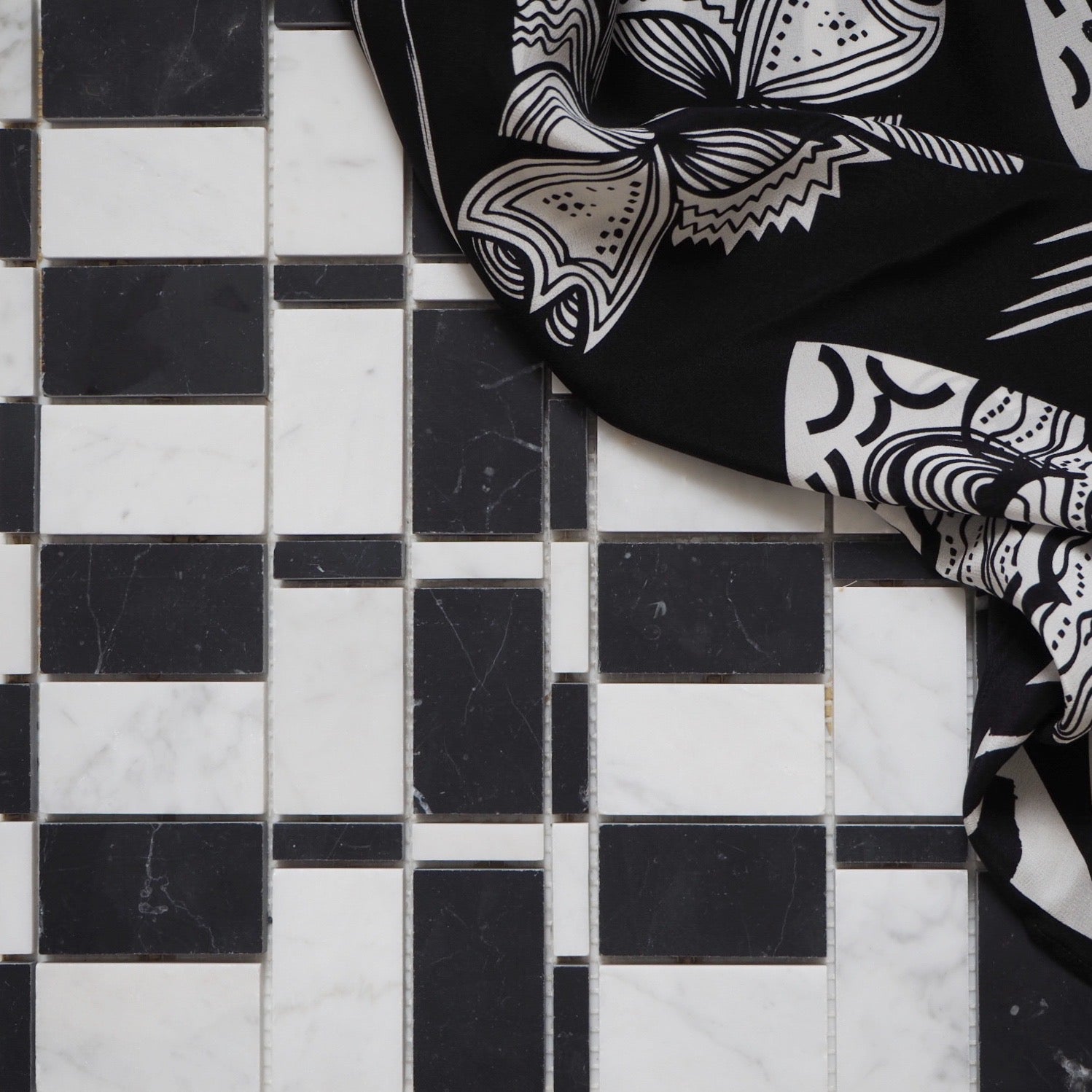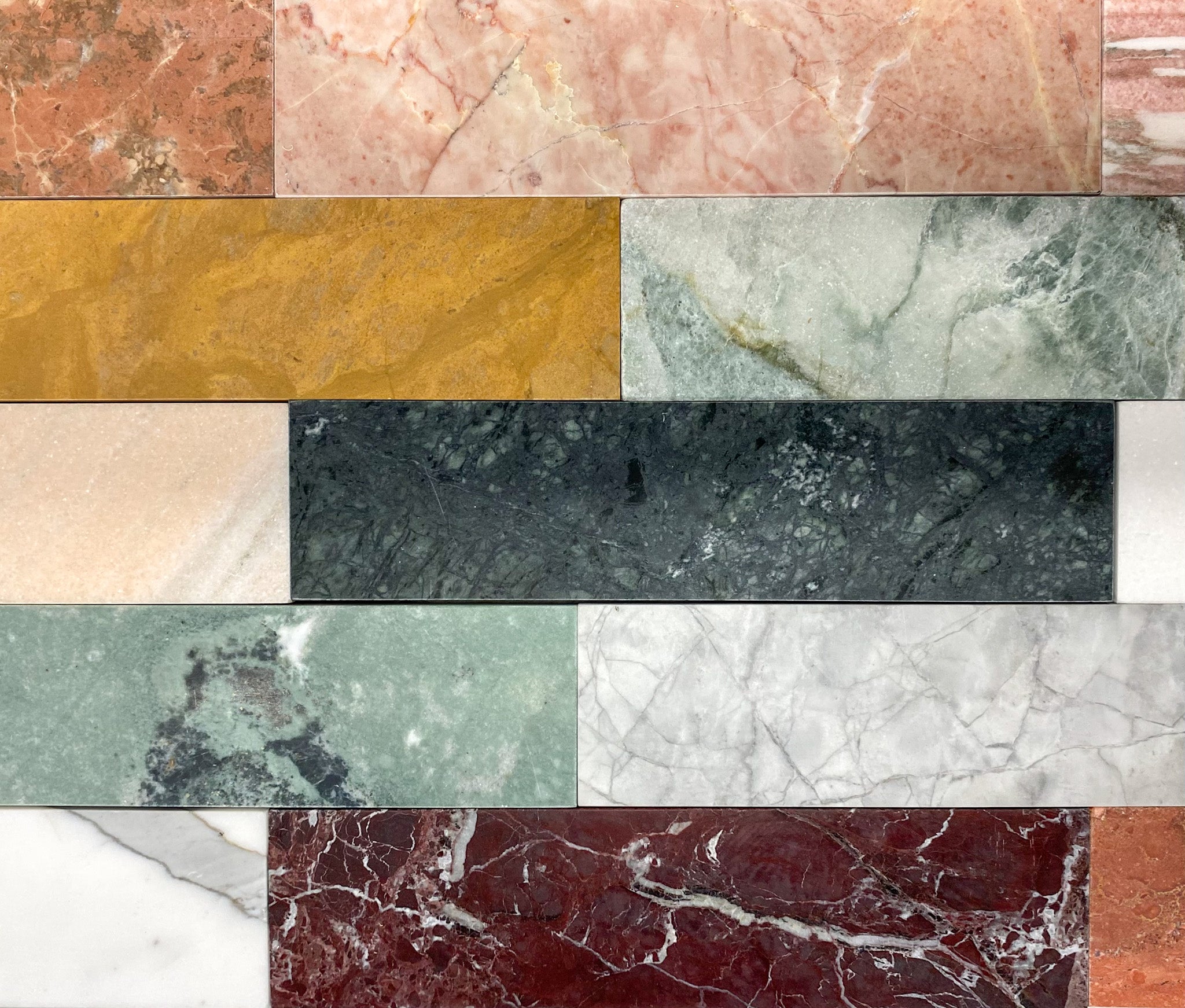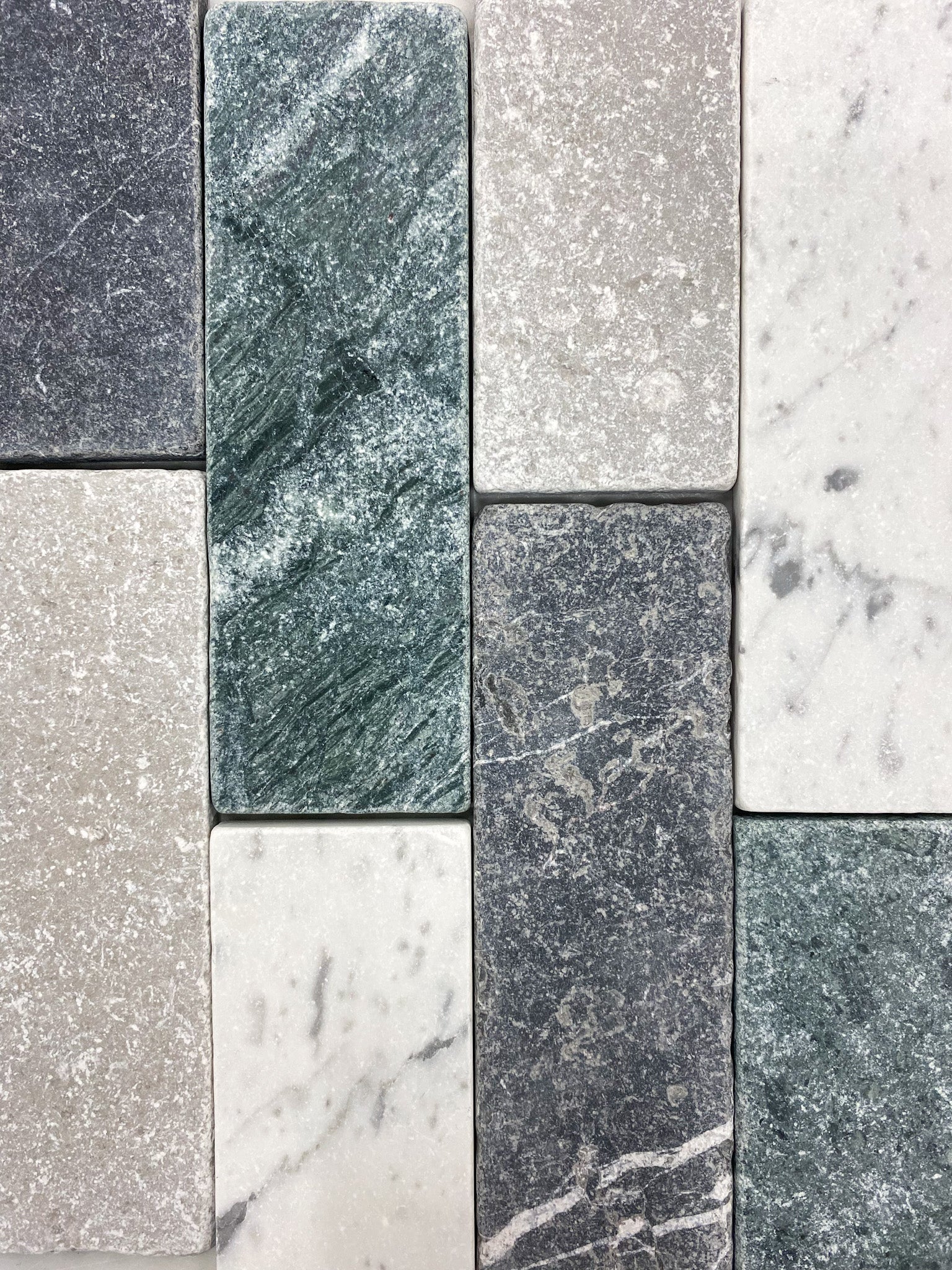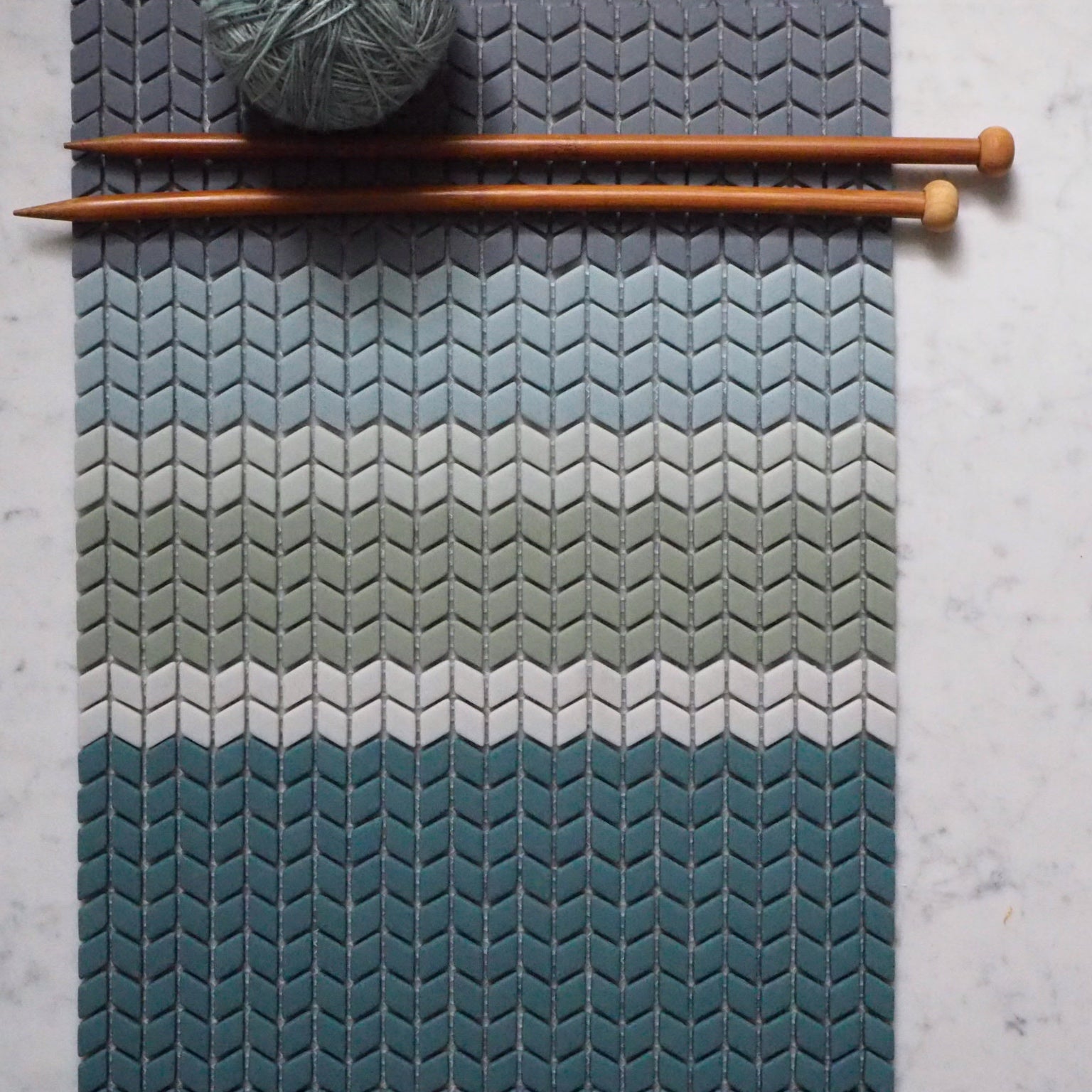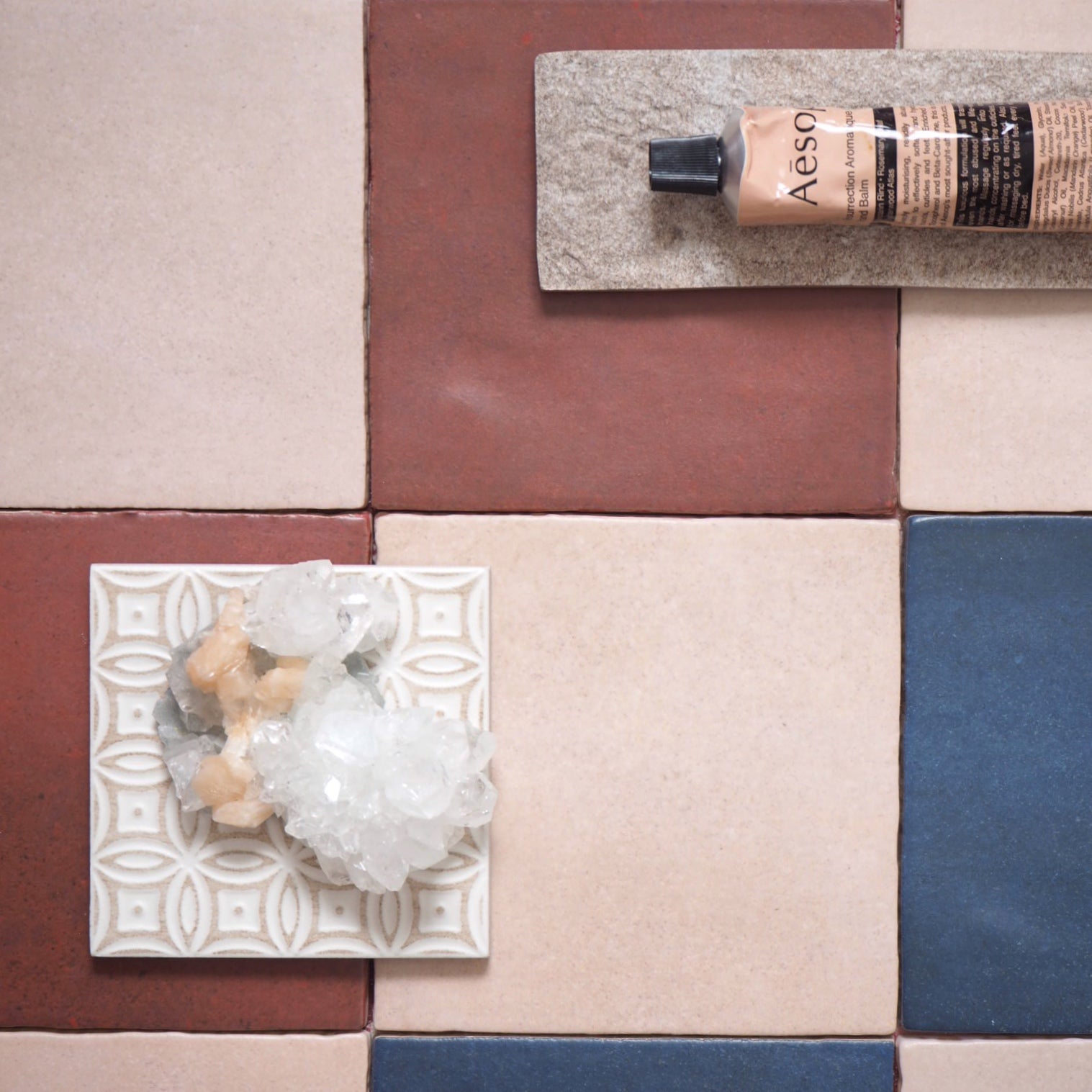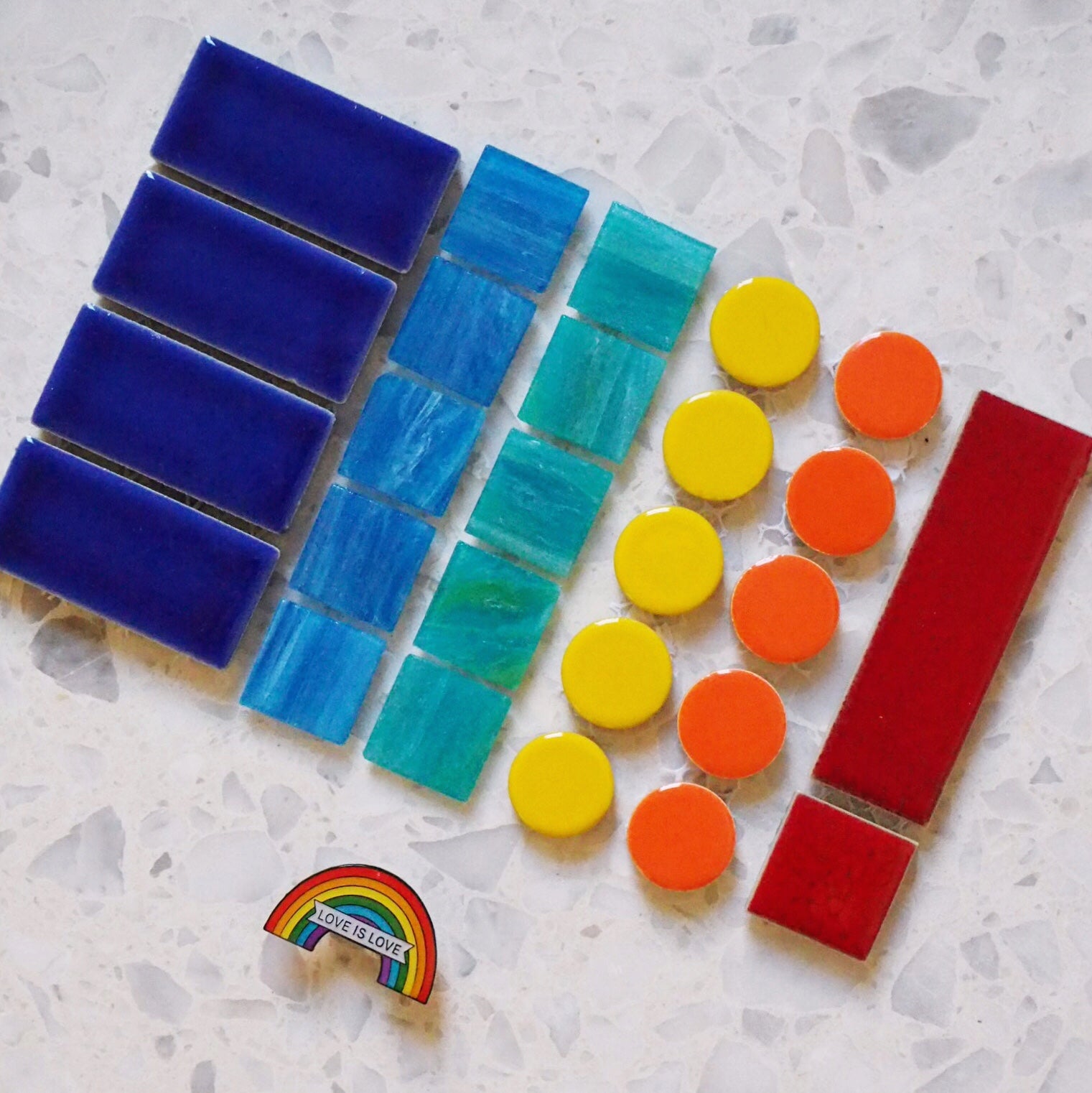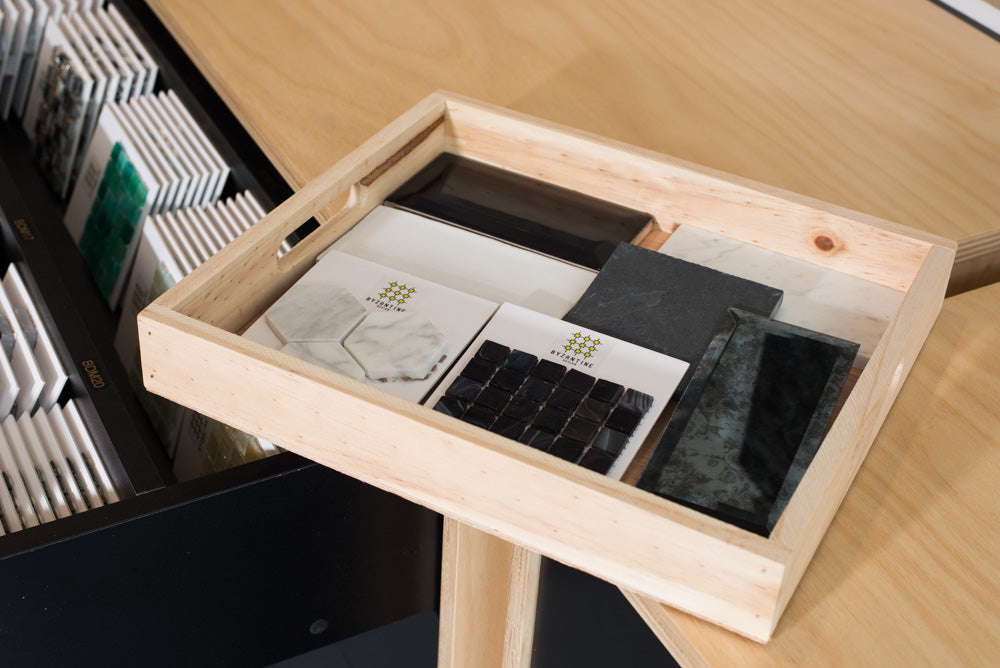Product
There is a variety of specialist advice available concerning sealing natural stone. At Byzantine Design we believe in 2 simple golden rules to ensure you maximise the look and condition of your exquisite investment –
1. All stone needs to be sealed - We would generally recommend a penetrating sealer. Sealing stone correctly the first time will make living with your new stone application very easy.
2. You cannot use harsh chemicals to clean stone - Harsh chemicals can etch the stone and will usually negate the sealing properties.
It's that simple. Admittedly there are lots of different products on the market and different ways to seal natural stone. We can advise you based upon the product as well as the application of the stone. Here is a very general guideline to each stone and what sealing procedures need to be carried out for a floor or wall application.
Sealing Limestone
Most light-coloured limestone’s are quite chalky in nature and require extra care when sealing. We would recommend pre-sealing the stone before laying, and then at least one additional coat upon final clean. This will also seal the grout. The best way to test that the sealing is sufficient, is to pour some water on the stone, if it is absorbed then the stone needs another coat of sealer.
Sealing Marble, Slate, Travertine & Volcanic Stones
Marble, slate, travertine and volcanic stones are somewhat hardier than limestone and will not usually need a pre-seal. We would recommend laying the stone, cleaning it and then applying the first coat of sealer. The tiler can then grout the stone safely, remove all residue and apply a final coat of sealer. The water test is then applied (see limestone) to double check that there is enough sealer on the stone.
A penetrating sealer will give you the best result for most stone applications - they do not change the colour of the stone and still allow the stone to breathe. We would recommend both coats being of the same sealer, not a pre-sealer then a penetrating sealer.
There are many brands of sealers in the marketplace offering protection from 3 to 15 years. Byzantine Design can assist with recommendations for which sealer to use for each stone.
If you would like a wet look for your stone there are surface sealers that can also be applied to achieve this look, please note that these require ongoing reapplication of the sealer as it wears away.
This is an area about which we get asked quite regularly. If you seal stone properly, then the grout will be sealed upon the final coat.
If you are using glass mosaics you can still seal the grout by using the following method:
Apply to a small area at a time - 1sqm at a time would be a good sized area
Cover the area with the sealer; as glass is non-porous the sealer will only penetrate into the glass.
Wipe off excess sealer immediately.
This will seal the grout for you.
Specialist Applicators
Byzantine Design work with a number of specialised applicators who can professionally seal your stone.
We also work with companies such as Slip Stop who can increase the friction on your tiles so that they become more non slip.
Professional applicators will generally warranty their work for a period of time.
As experts in this area, Byzantine Design are able to assist you with the most appropriate grout and sealer choices for your application
Shipping
Currently, Byzantine Design ships only to Australian addresses. We do not ship overseas.


